Textual ambiguity may be a thing of the past if Apple adopts one of its newly-published patent applications, a system which will inform the person on the other end of the line when autocorrect has been at work.
The method disclosed within the patent is relatively simple: it highlights any words within a message which have been automatically corrected by the operating system. Apple currently does this only for the sender, and only in limited circumstances — after using dictation, iOS will use a blue underline to point out any words it was unsure about.
The rest of the time, words are simply changed. Combined with the input speed of a QWERTY keyboard and fact that most people don't review their messages after typing but before hitting send, this has resulted in some hilarious miscommunications.
Apple's new invention would fix this by essentially extending the current post-dictation model.
Recipients would be able to see that words were changed, but they would not be able to see the original. Instead, Apple hopes it will prompt them to ask for a clarification: whether they were to meet at four o'clock or the much more delicious but temporally unsuitable fudge o'clock.
Apple credits Christopher J. Hynes with the invention of U.S. Patent Application No. 14/815,910.
 AppleInsider Staff
AppleInsider Staff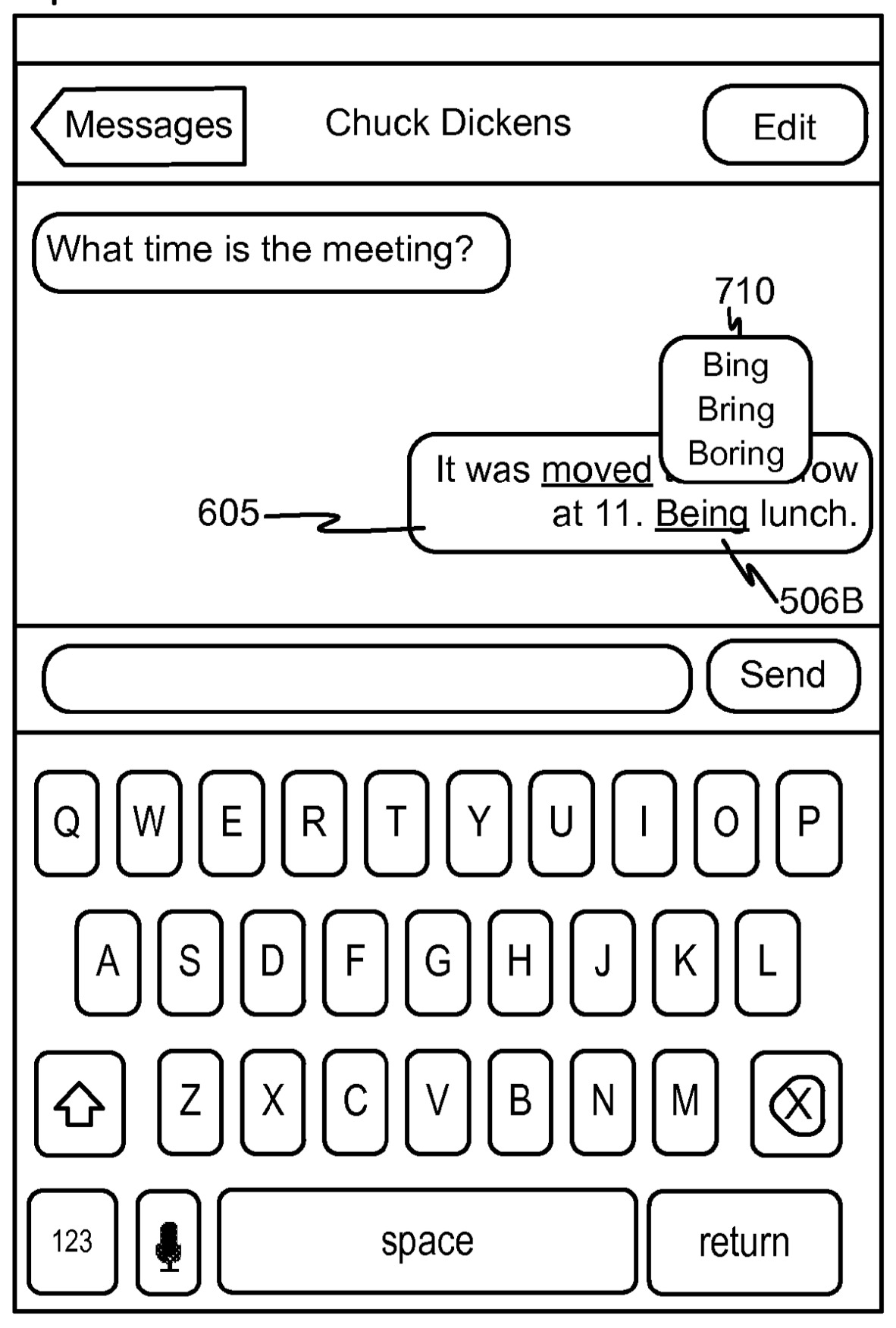

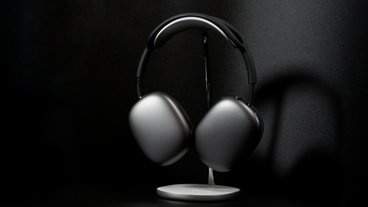
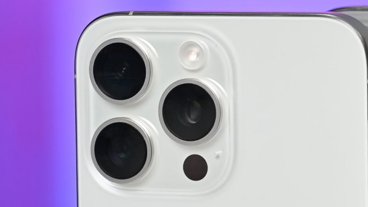
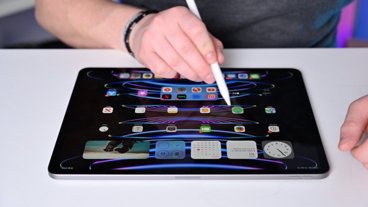



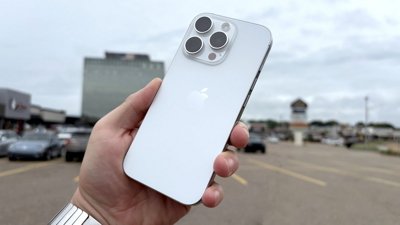
 William Gallagher
William Gallagher
 Wesley Hilliard
Wesley Hilliard
 Malcolm Owen
Malcolm Owen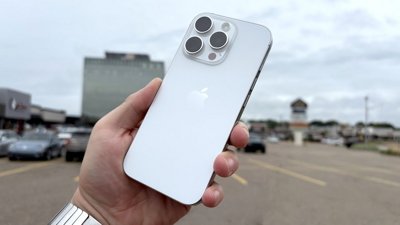
 Mike Wuerthele
Mike Wuerthele
 Christine McKee
Christine McKee

 Sponsored Content
Sponsored Content
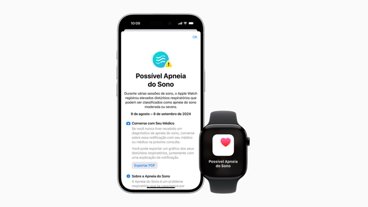
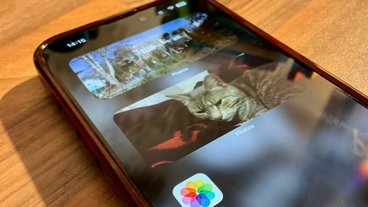


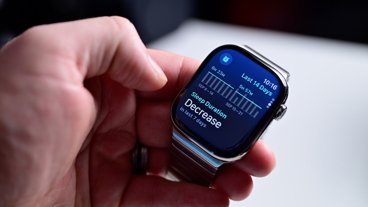


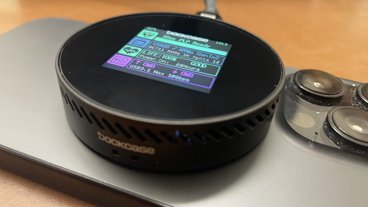

40 Comments
An annoyance I've been faced with in autocorrect is the mysterious replacement of words with completely incorrect spellings.
No way..get the frack out of here!
What a half-way attempt to solve a very persistent problem. Why not just allow time based editing of a sent message, like Skype does. Give the sender some small amount of time (15 seconds?) to edit/correct the text. How many times have any of us pressed send and then instantly seen a typo? Happens quite often. Just let us edit/correct it.
Not sure if this'll even by the final concept.
looks annoying and "messy". I want my messages to look clean.
I think that's a good step in the right direction. Post-send editing like Skype has would be amazing! As well as an easier way to improve the training. I can't believe how many incorrect spellings come up in the replacements. Not sure where the system is pulling those from. I quite often need to correct the auto-correct!